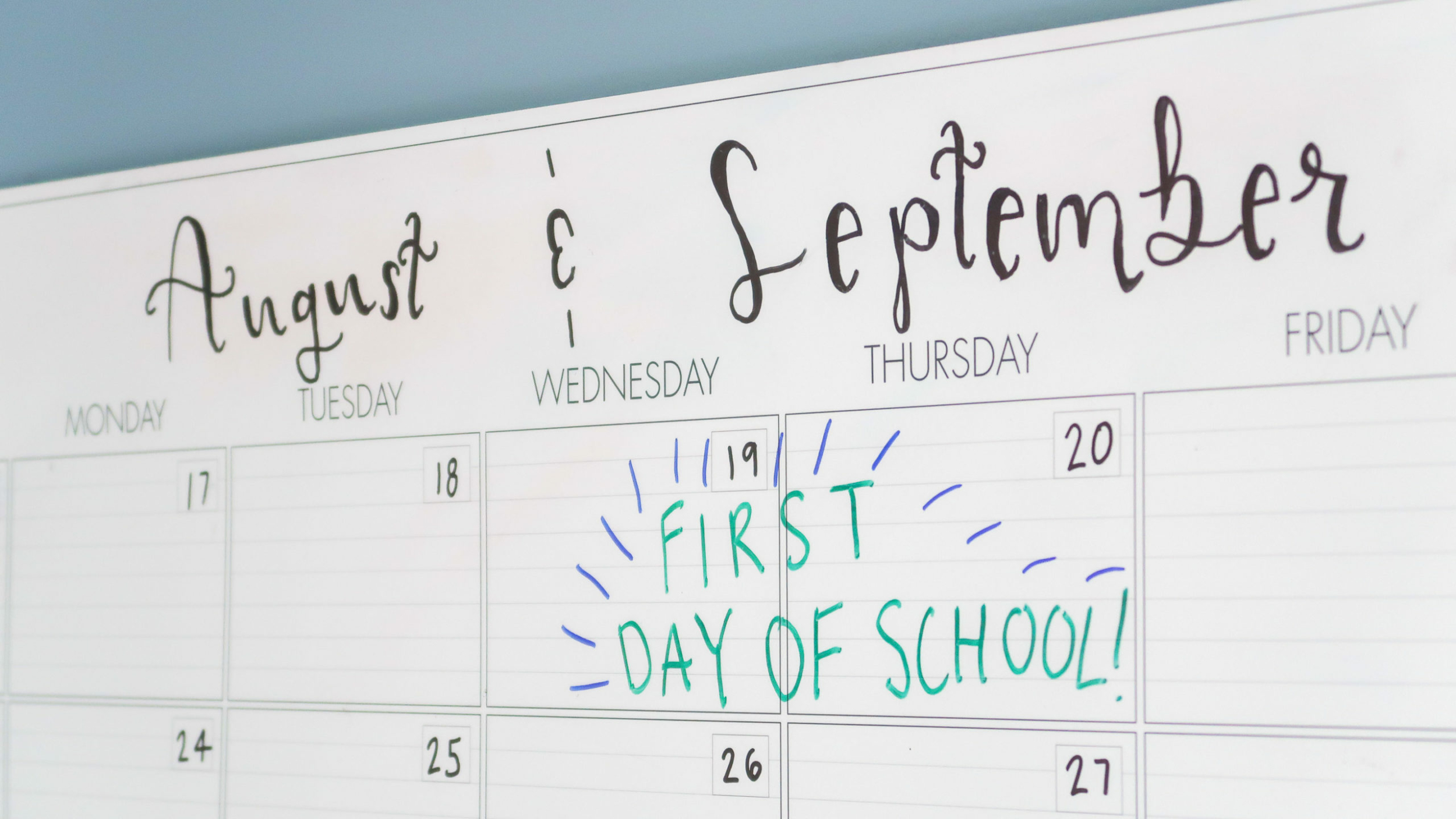May 28, 2020
I typically begin the last newsletter of the year by reflecting on the frenetic pace and event-heavy final weeks of May, urging everyone to savor the slower pace of summer, and the opportunities for more family time. This year, with all events and activities cancelled, we’ve had an eleven-week jump start on this slower pace, and many parents have commented on how they are (mostly!) enjoying family meals, family game nights, and more time together.
One piece of advice still holds. While distance learning has demanded a spike in screen time, this should end in the next few days, and summer remains an opportune time to unplug and spend time outside. One Kindergarten parent commented yesterday that she cannot wait to return the TDS iPad that they borrowed. I’m considering turning in my own kids’ phones to Ms. Cabrera as well!
I decided to access “the vault” one final time and share a story of Will at age seven. With increased stress, less sleep, and more togetherness, I suspect that many of us have encountered moments like this in the past few months. Hang in there!
As our oldest child, Will has spent his first seven years not doing things for himself. He learned to read at a young age and he can beat me in a game of chess, but he cannot manage to find a pair of socks in the morning. Unlike his sisters, who insist on doing everything for themselves, he is quite content to accept help with picking out or putting on clothes, putting away toys, and a host of other mundane tasks.
Last week, we found ourselves in the kitchen before dinner. Will repeatedly asked for a cup of water. One of our house rules – loosely applied – is that you get water for yourself. All three kids can reach the supply of cups and the button on our refrigerator. After a few of his pleas were ignored, Will uttered these exact words in an exasperated voice: “How many times do I have to ask you to get me water?”
Gulp. Will’s question stopped me in my tracks. I was overcome with a flood of thoughts and emotions. First, shock. Where did we go wrong? Seemingly only yesterday he was cuddling with us in bed, as cute as any parent could imagine, and now he sounds like a teenager in need of reform school. Second, blame. He must have learned this rude, obnoxious behavior from his friends at school. Third, drastic solutions. Should we ground him for a week? What privileges can we take away? What are the home-schooling laws in Maryland? Fourth, back to reality. “Excuse me,” I said with an astonished look. “Do you know how rude that comment is?”
“Well,” he said. “That’s what you always say to me.” And the final emotion, utter despair. While I might quibble with his choice of the word “always,” he is correct. My mind immediately played back an episode from the day before. “How many times do I need to ask you to put your shoes on?” I asked, as we were already late for basketball practice. Left with no one to blame but myself, I tried to recover. “Okay,” I said. “I’m sorry. I shouldn’t say that either.”
In a recent survey, eighth graders were asked to describe their relationship with their parents. One boy opined that “it depends on their mood.” I have thought a lot about this comment since my exchange with Will. As parents, our reactions to our children’s behavior – whether we find it off-putting or amusing – depends to some extent on what baggage we bring to the encounter. Stress from a long day? Not enough sleep? I suspect this task becomes even more challenging as kids enter adolescence and experiment with new behaviors and roles. As for me, I’ve committed myself to choosing my words carefully – because I know that Will is listening – and attempting to keep things in perspective (or recovering quickly from moments of despair).
Doug Norry
Head of School
